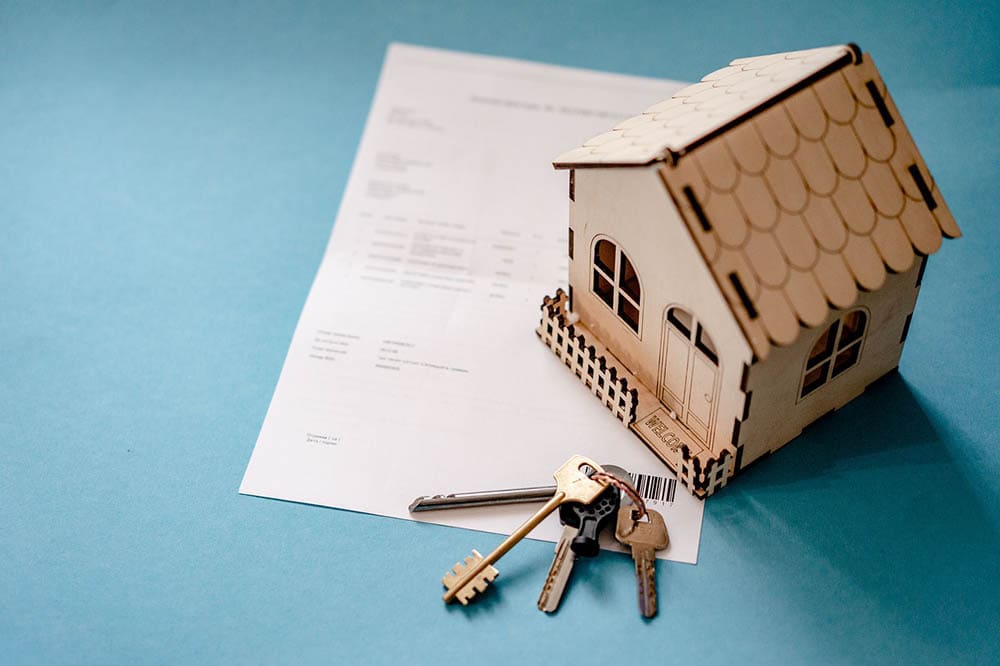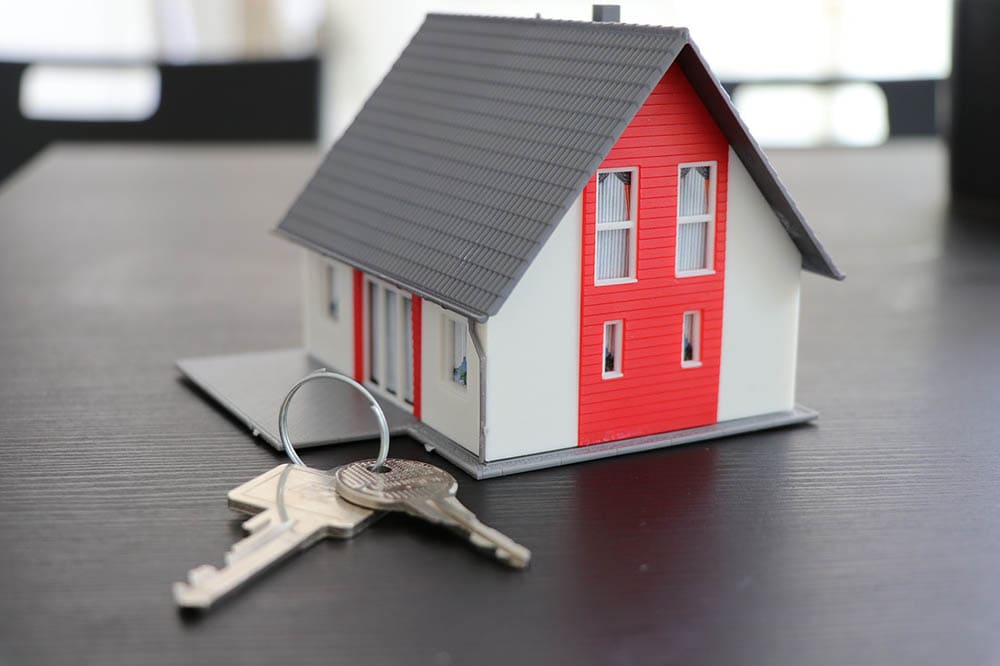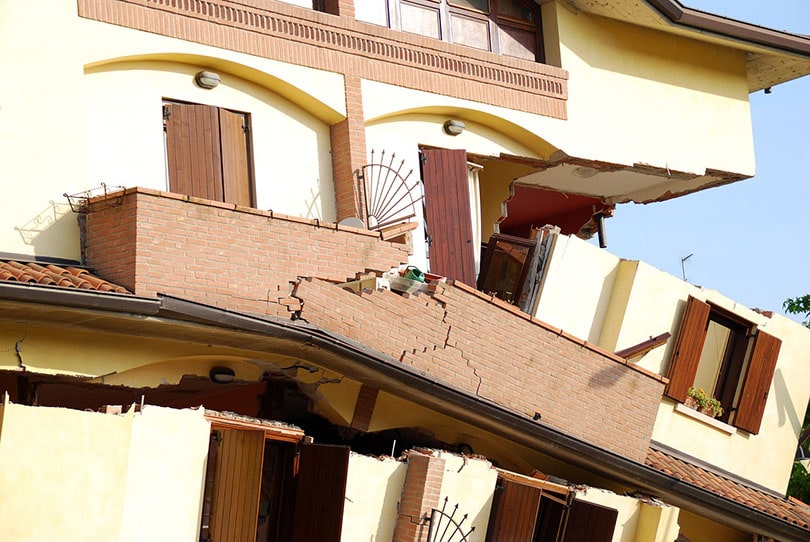How Many Claims Are Allowed Before Your Home Insurance Cancels?
-
Ed Malaker
- Last updated:

Many areas in the United States receive plenty of heavy storms and bad weather each year. Hurricanes, tornadoes, blizzards, and hail can damage property, costing thousands of dollars. Coastal flooding, mine subsidence, and even lava are real dangers in parts of America.
Insurance is there to protect us from the high cost of these unexpected damages, but people worry that making too many claims can cause your home insurance to get canceled. If you are a homeowner, keep reading while we look into how dangerous making a claim is and if your policy can get canceled.
How Many Claims Before Home Insurance Cancels?
Unfortunately, no exact number of claims will get your insurance canceled. However, filing multiple claims, even over a large number of years, can put you in a high-risk category. People in this category are usually required to pay higher premiums, and they are at risk of losing their insurance completely. Exactly how many claims you need to make and how often to get into this category varies from company to company. They usually aren’t too clear about the threshold because they like to make it appear as though they’re there for you no matter what.

The 8 Points to Consider When Getting Home Insurance and Making a Claim
1. Read Over the Policy Carefully
It’s important to read over your homeowner’s insurance policy carefully to make sure you understand everything covered long before you need to file a claim. You also want to make sure you understand everything expected of you if a problem arises. The language in these policies can be quite complex and difficult to read, so take your time and get help if you need it. If you’re lucky, the policy will tell you how many claims you can make before you are in danger of cancellation.
2. Document the Claim
Proper documentation of your claim can help ensure that you get the best settlement, and there’s a slight possibility it will help it look like less of a frivolous claim. Make sure all paperwork is filled out properly, and use your cell phone to take plenty of pictures of any damage. Take pictures from multiple angles up close and far away. If you don’t own a smartphone or a camera, you should be able to borrow one from someone else without much trouble.
We also recommend getting friends and family to document the damage as well, in case they might be able to help support your claim. Unfortunately, proper documentation is usually only useful to ensure that you get a proper settlement. It doesn’t usually protect you from having your policy canceled because of too many claims.
It would help if you also documented everything before any accidents occur, to have something to compare the damage photos to.

3. File Your Claim Immediately
While most insurance companies recommend that you file your claim in a timely manner, which can be up to roughly 1 year, we highly recommend you file the claim as soon as possible. Allowing too much time to pass may raise red flags with the insurance company that might put you in the high-risk category sooner. Insurance companies will also likely make you responsible for any damages due to you failing to make a claim or the proper repairs.
4. Hire a Professional
If you have the budget, we highly recommend hiring a professional to walk you through the steps of making a claim. Ask the insurance company about a claims representative who works as an intermediary between you and them. The representative investigates the claim and evaluates the facts, which might help you avoid a high-risk designation. Other people whom you might look to for help include the building inspector, mitigation contractor, and insurance adjuster.
5. Consider Raising Your Deductible
Raising your deductible will lower your monthly premiums, and it signifies to the insurance company that you’re not afraid to pay for minor damages out of pocket. Since people with a higher deductible pay for most of the damages themselves, it can help keep them off the high-risk list. Therefore, we recommend setting your deductible as high as possible to make sure you are in the best standing with your insurance company from the beginning.

6. Pay for the Damage Yourself
While we have insurance to help protect us from the high cost of damage caused by storms, fires, flooding, and more, it’s important to step back, assess the current damage, and take a deep inventory of your personal affairs. You should only make a claim when there is no other way to pay for the damage, even if it’s above your deductible.
Every claim you make risks putting you on the high-risk list, which can lead to the cancellation of your insurance even if you’ve been a customer for many years. The insurance company will have no loyalty to you even if the few claims span a lifetime. The cost of high-risk insurance can be triple what you’re paying now, and it will be with a company that you do not know.
A diamond ring or hole in the wall may seem expensive or hard to replace now, but you may face a house fire or a tornado down the road. You don’t want to have to deal with catastrophic events along with getting your insurance canceled, so if you can, try to borrow the money from a family member or take out a loan before making a claim, to protect your standing with the insurance company.
7. Perform an Annual Policy Check-up
Some insurance companies offer to perform an annual policy check-up on your home, which can help you stay in good standing with the company while informing you of any potential hazards with your home, like a poor roof or cracked foundation. Finding problems before they get bad can help reduce the cost of fixing them, and it also reduces the chance you’ll need to make a claim.
8. Keep Your Home Maintained
Use the annual check-up to help you find problems early to get them repaired, so there is less risk that you will need to file a claim. Pay special attention to the roof and the foundation in the basement, keeping an eye out for any leaks or cracks and loose or damaged shingles. Tree branches that hang over your property can also fall and cause damage. Clogged gutters can cause water to go where it’s not supposed to, so it’s important to keep them cleaned each year.

- You might also be interested in: How Much Is Homeowners Insurance?
Other Reasons That People Lose Home Insurance
Poor Roof
We’ve spoken to many people who didn’t know that the insurance company can send out inspectors to look at your roof, and if it’s in bad shape, your policy can be at risk of cancellation. An old roof can become leaky, leading to water damage, one of the most frequent claims made to the insurance company, so they may take steps to make sure your roof is in good shape. Most of the shingles found on homes in the United States will last 20 to 30 years, but it depends on the environment, so you will need to inspect them regularly for wear.
Dangerous Pets
Another thing that can put your homeowner’s insurance at risk is a dangerous pet. While many of us understand why an insurance company might not want to cover a home with a tiger or other dangerous exotic animal as a pet, many Americans do not know that some dog breeds are also considered dangerous. Some insurance companies may not cover a home that keeps a specific breed for fear that the dog can cause damage to another person or animal, resulting in an insurance claim. Pitbulls, Rottweilers, Siberian Huskies, German Shepherds, and many other breeds make great pets, but can raise your insurance premium and may even lead to the cancellation of your coverage.
- Related read: How Many Claims Are Allowed in Car Insurance?
Conclusion
Unfortunately, the insurance company will likely cancel your homeowner’s insurance if you make too many claims. There is usually no way to tell how many it will take, but the number is generally very low, especially if the claims are close together in time. In many cases, the only warning you get that your insurance is in danger is a higher premium. Once you lose your insurance, finding a replacement is usually several times more expensive, so it’s best to make a claim only when there is no alternative. Use professional help when you can to make better choices and keep your property maintained, so you’re less likely to have a problem.
We hope that you have enjoyed our look into homeowners’ insurance and found the answers that you need.
You might also be interested in:
- How Many Tires Does Insurance Cover?
- What Happens When an Insurance Claim Is Made Against You? The Surprising Answer!
Featured Image Credit: VisionPics, Pixabay
Contents
